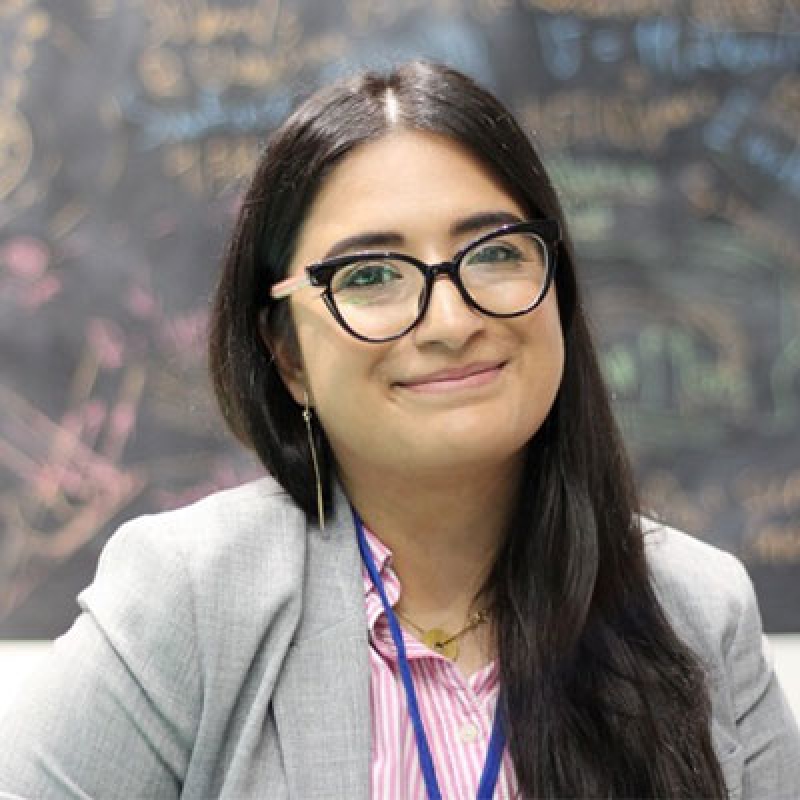Madina Wahab, GED’20
“I taught for about six years in public schools in New York and in Central Asia. In my free time, I worked at Women for Afghan Women’s community center in Queens, New York supporting their youth leadership initiatives”
“I taught for about six years in public schools in New York and in Central Asia. In my free time, I worked at Women for Afghan Women’s community center in Queens, New York supporting their youth leadership initiatives,” says Madina Wahab, GED’20, senior associate for programs and impact for the United Nations Foundation’s Girl Up campaign. “Immediately after entering the International Educational Development Program (IEDP) at Penn GSE, I joined Dr. Ameena Ghaffar-Kucher in her work on the research project “Unequal Citizens: Documenting the Civic Lives of American Muslim Youth” and the curriculum “Teaching Beyond September 11th.” For Unequal Citizens, I conducted interviews with youth from across the nation about their civic engagement. Contributing to two modules of Teaching Beyond September 11th was also personally significant for me as an Afghan American from New York City. There were parts of my identity that I was able to express throughout the process, in a way that I had never done before in an academic setting. My current work with Girl Up focuses on strengthening social impact skills in youth—specifically, girls—such as advocacy, organizing, fundraising, and storytelling, in 125 countries. We focus on different issue areas, including women in STEM, gender-based violence, sexual reproductive health, rights and justice, and leadership, with the ultimate goal of advancing gender equality. What stood out most for me in the IEDP was taking a systems thinking approach to address social problems—the idea that for change to happen, there are networks of people that need to work together, collaborate, and understand each other’s roles in effecting change. Under Ghaffar-Kucher’s guidance, I recognized how important local voices are in understanding social problems, as I spent time listening to individual stories. Ultimately, it’s real people who can contextualize problems and highlight nuances that cannot be fully captured by quantitative data and pivot charts.”

